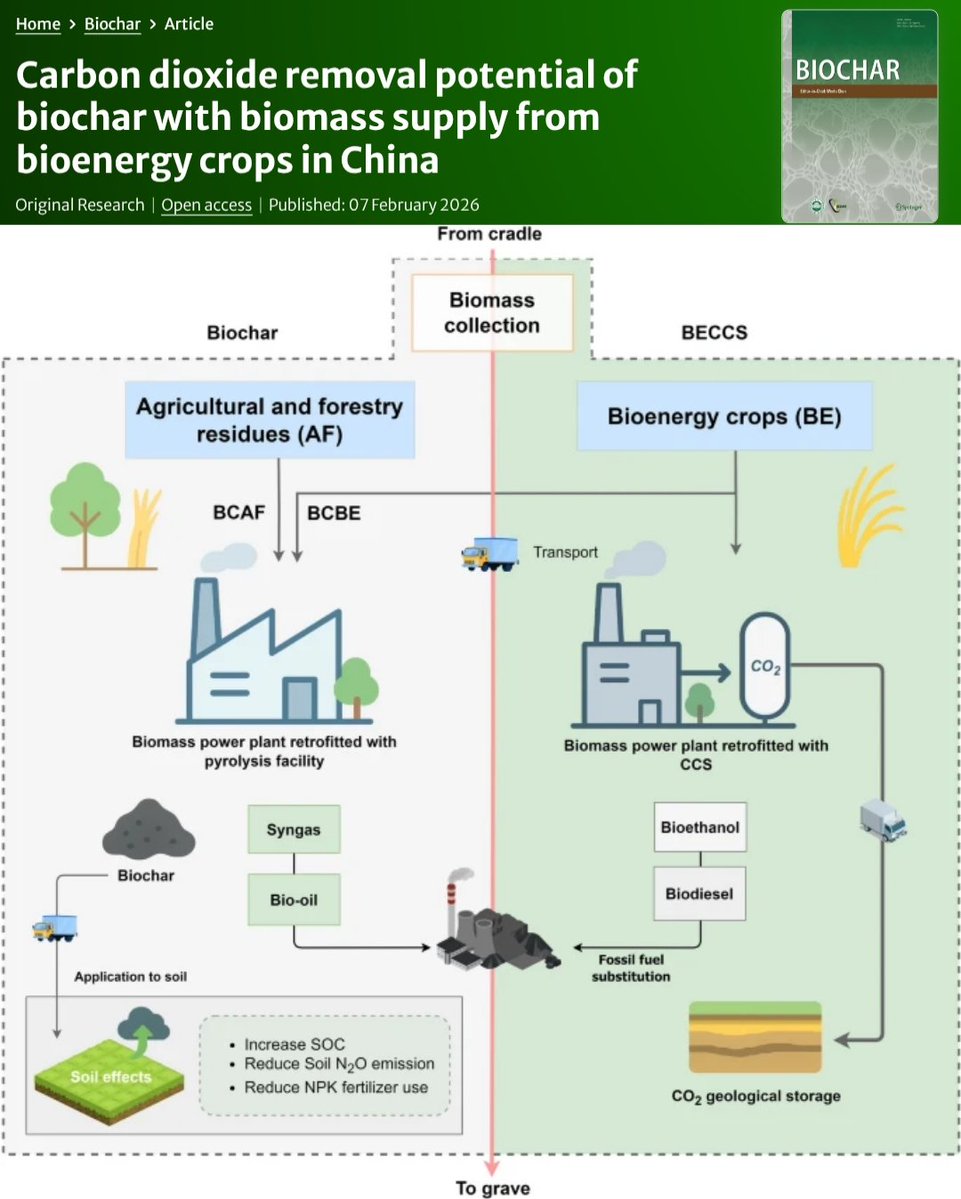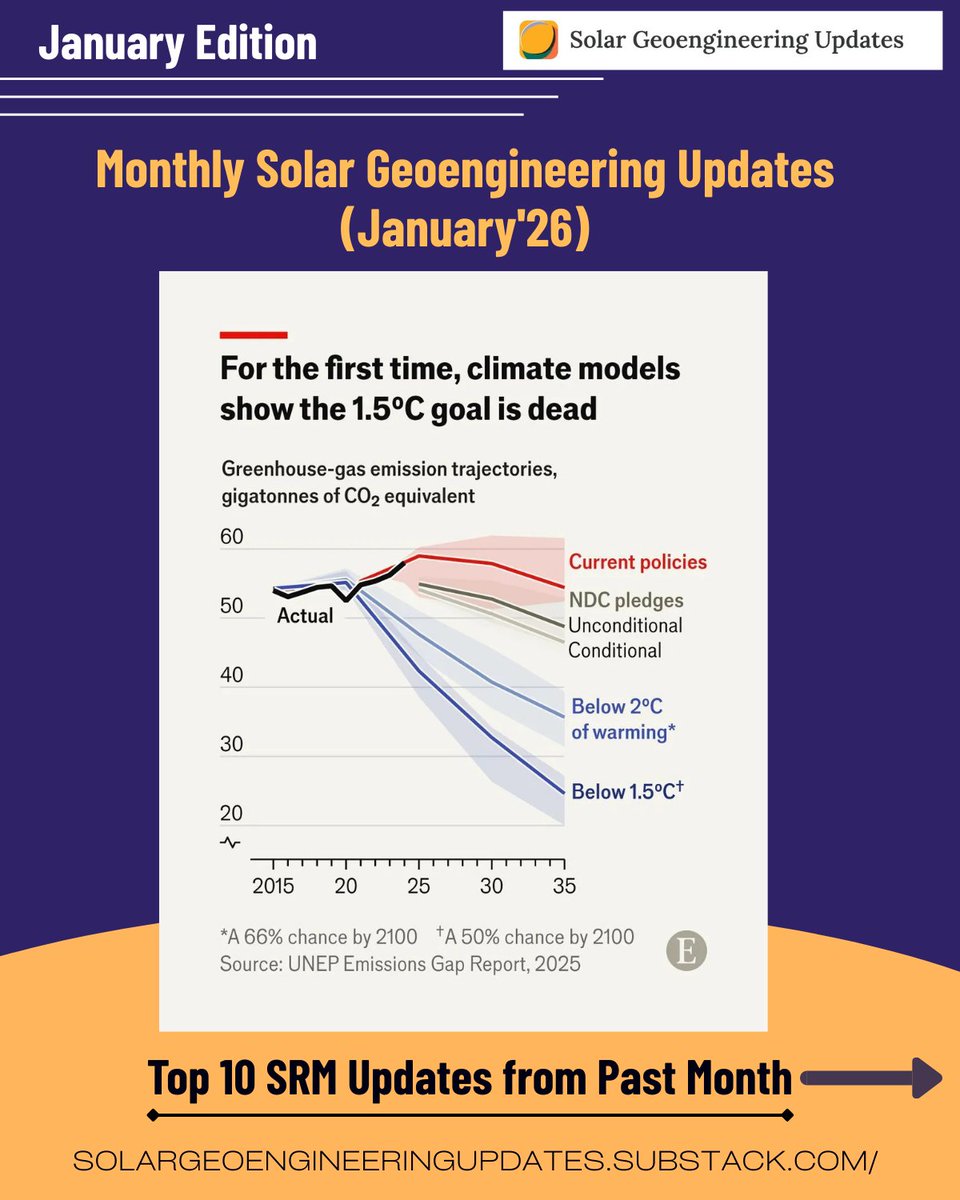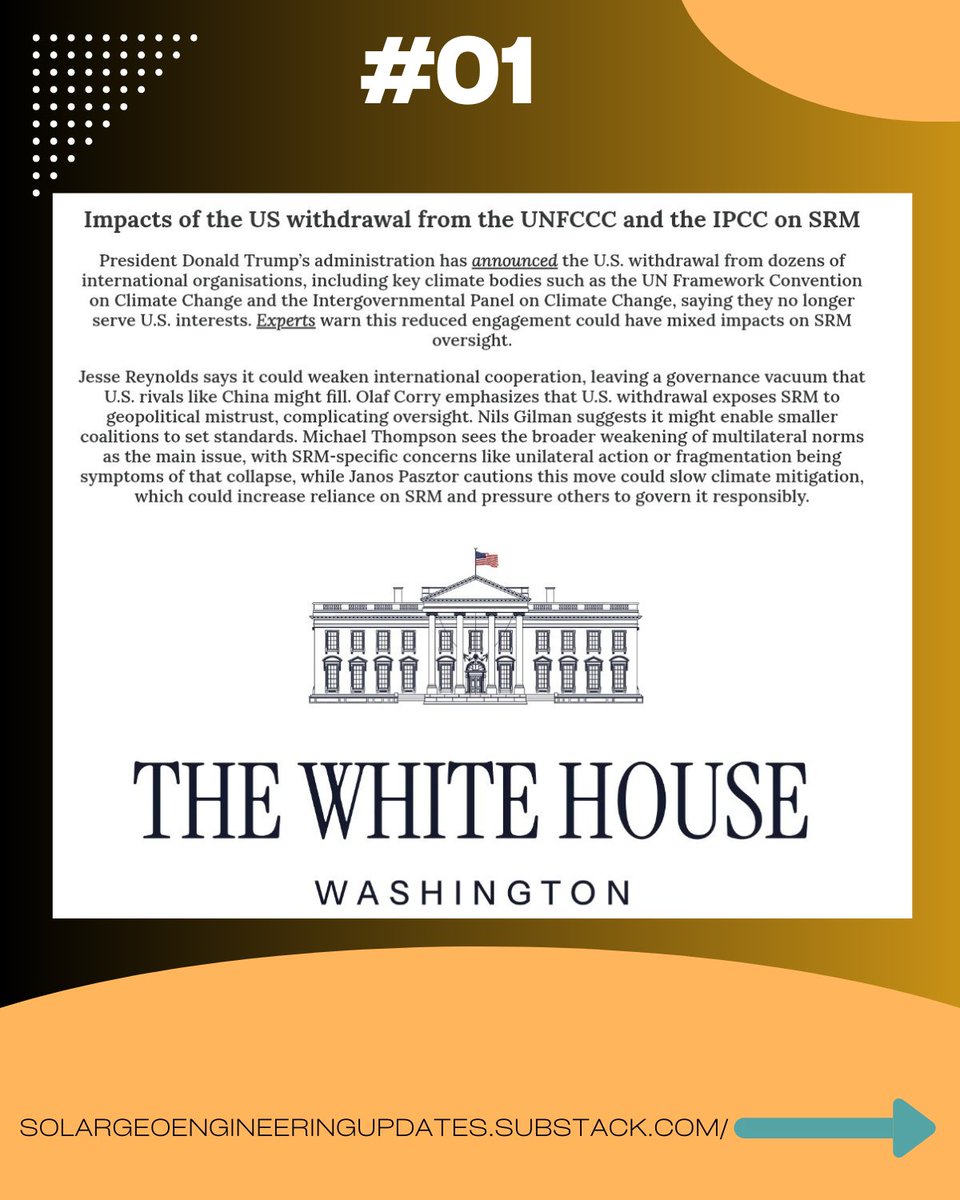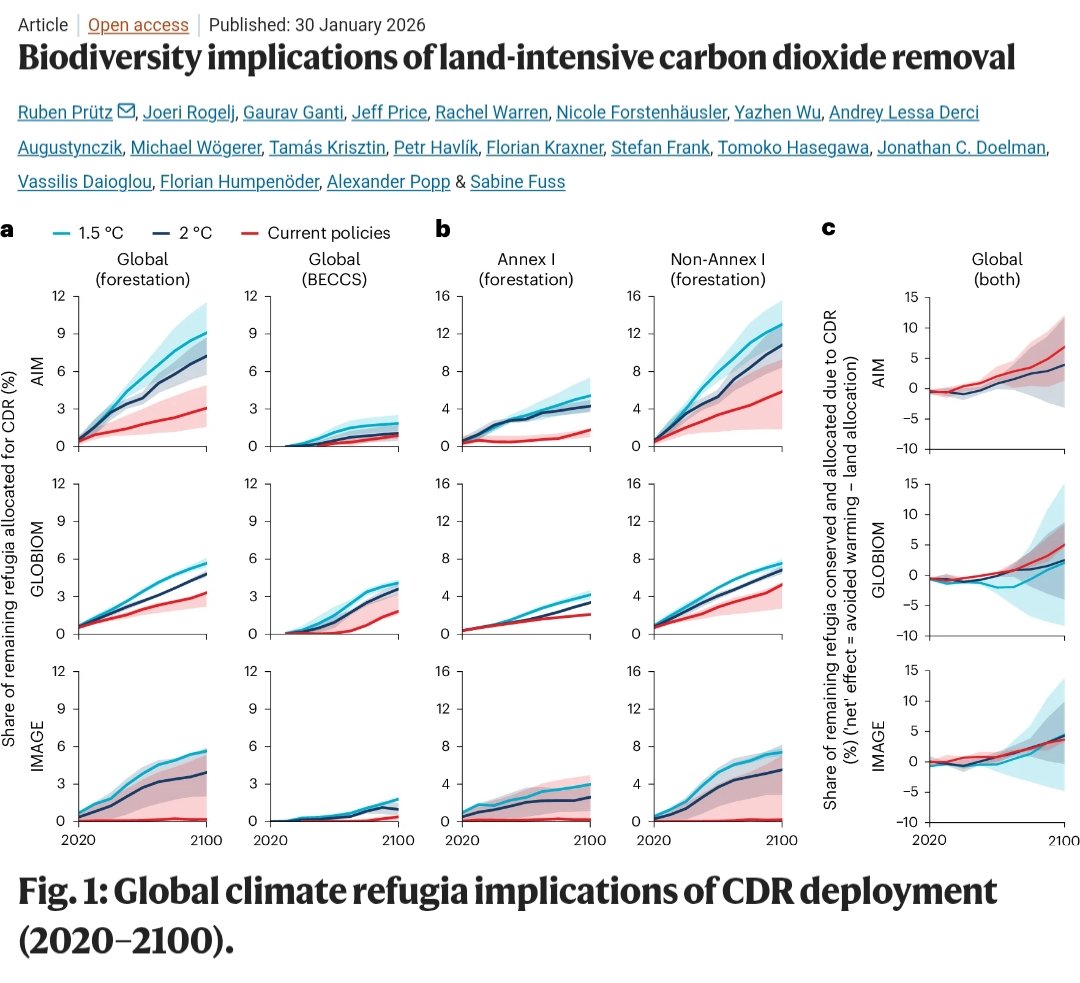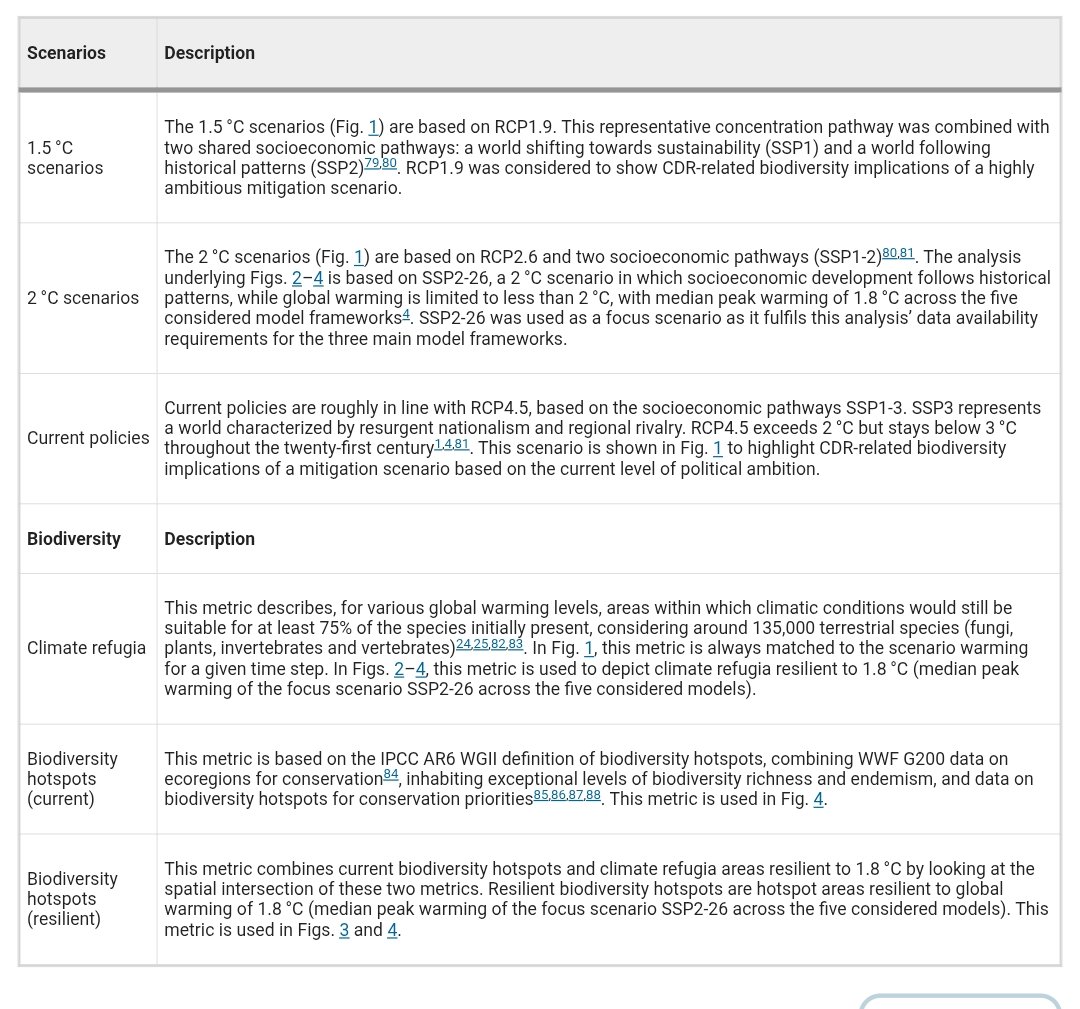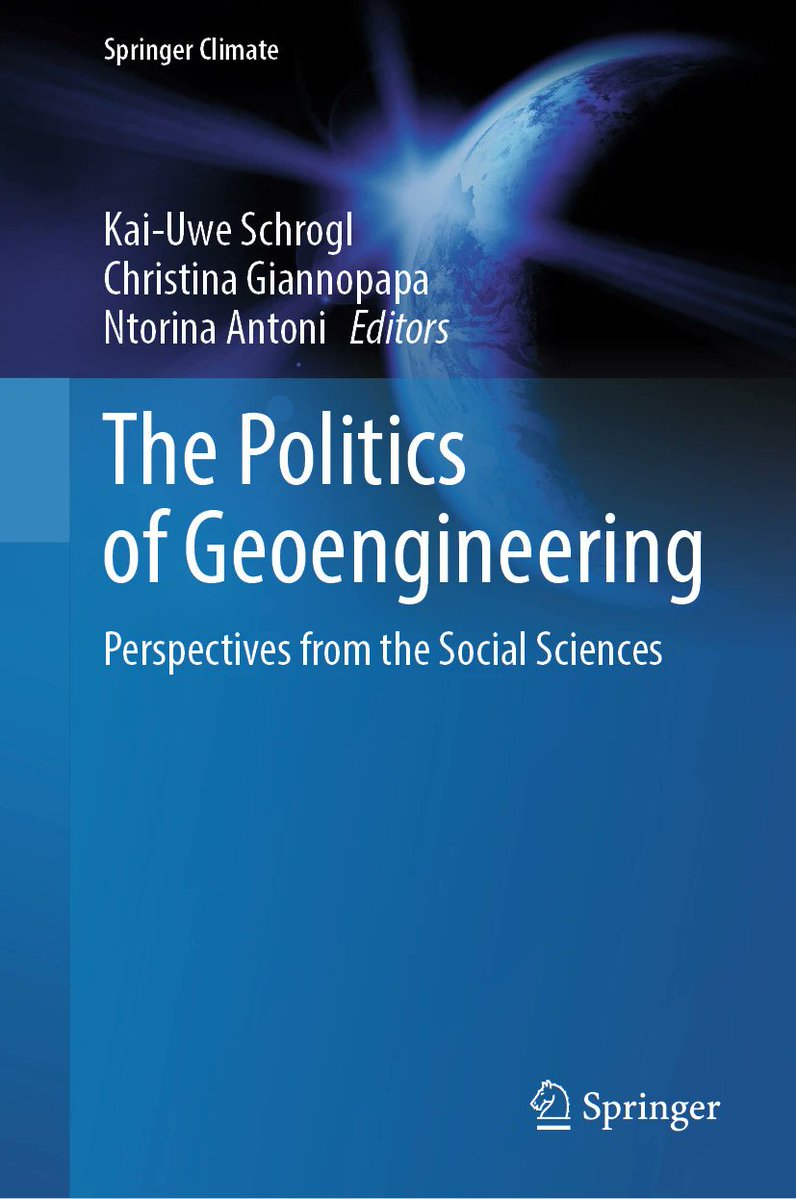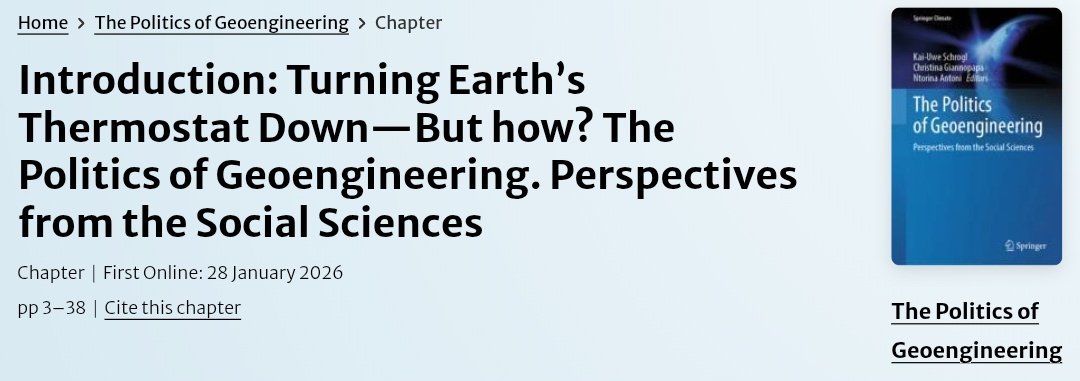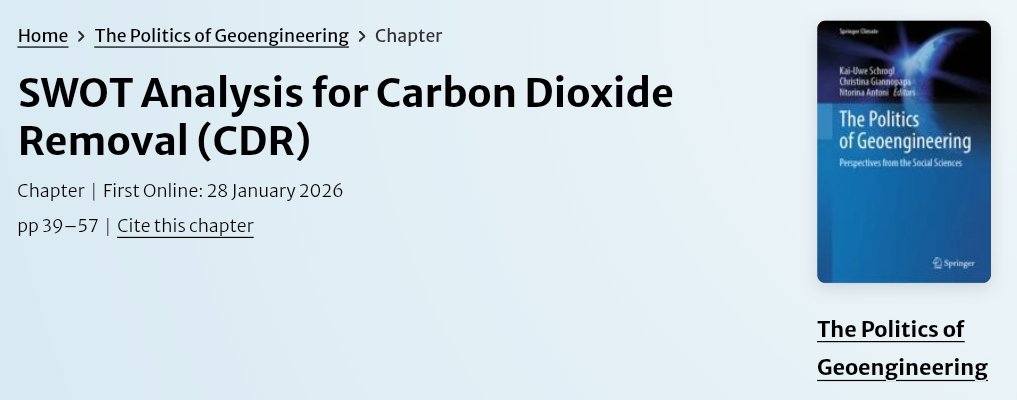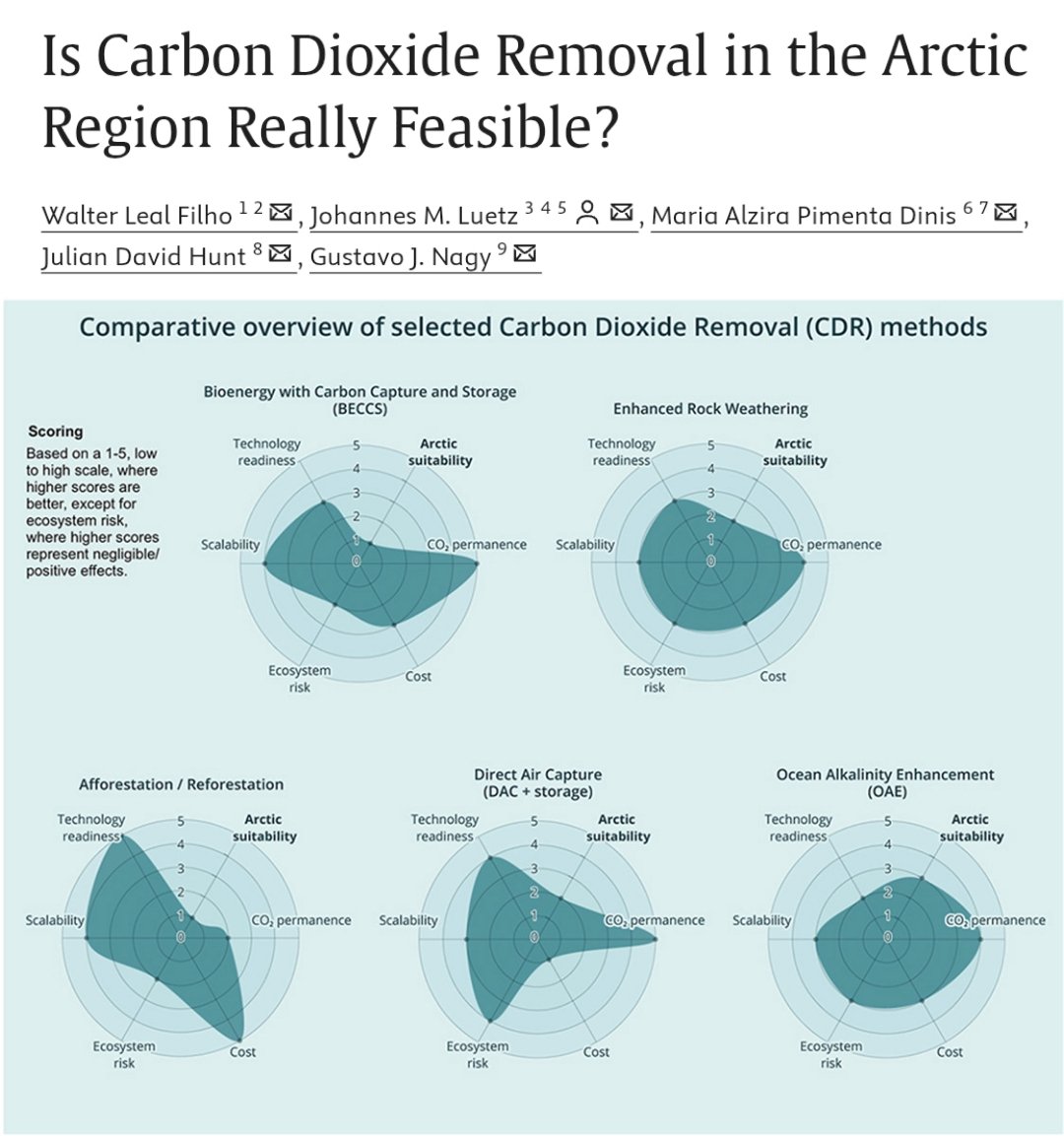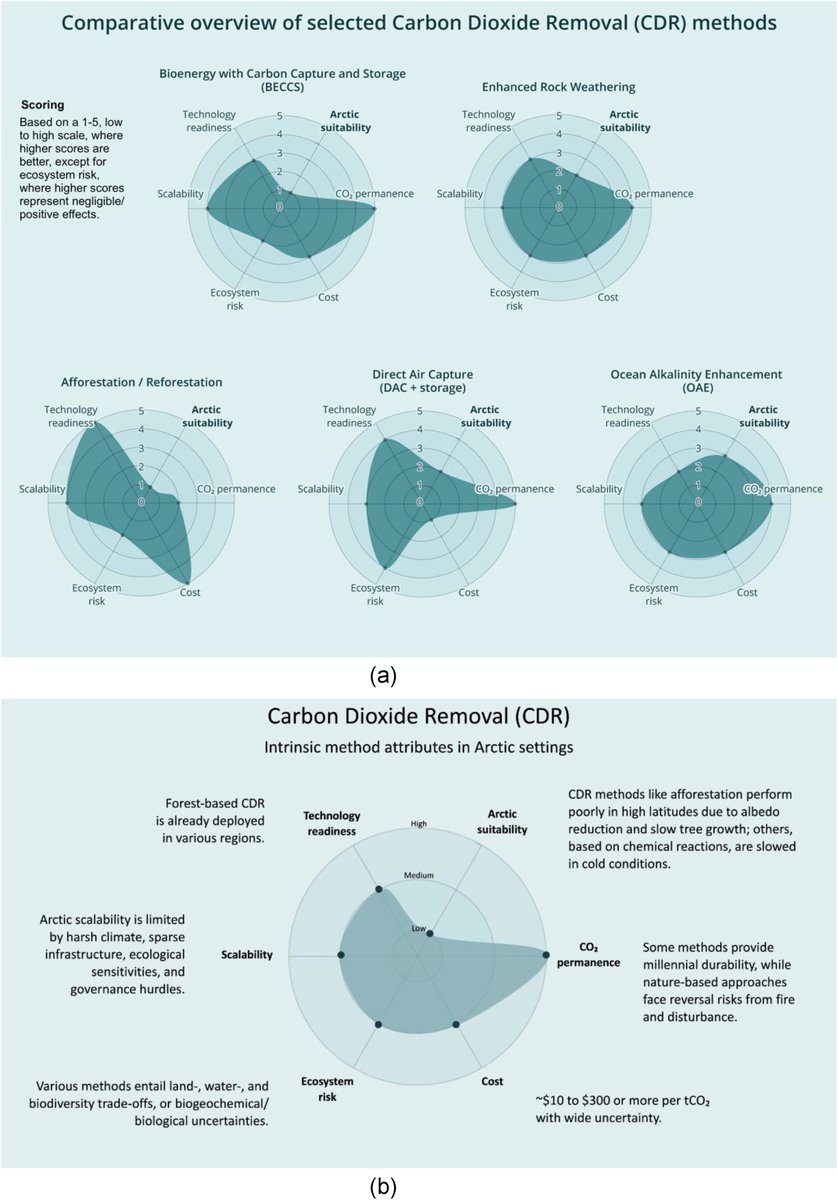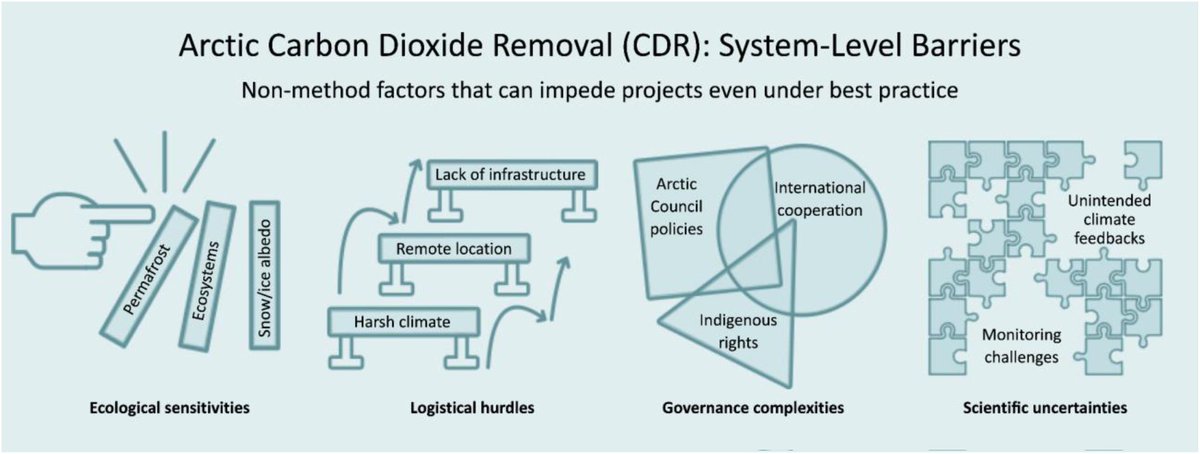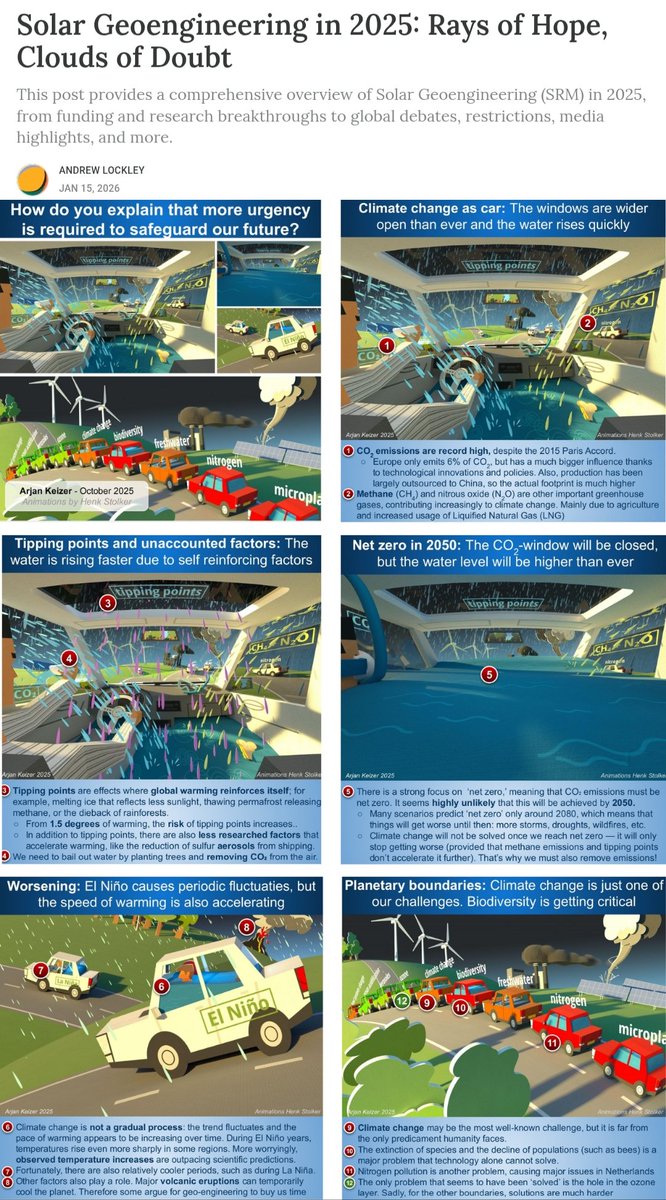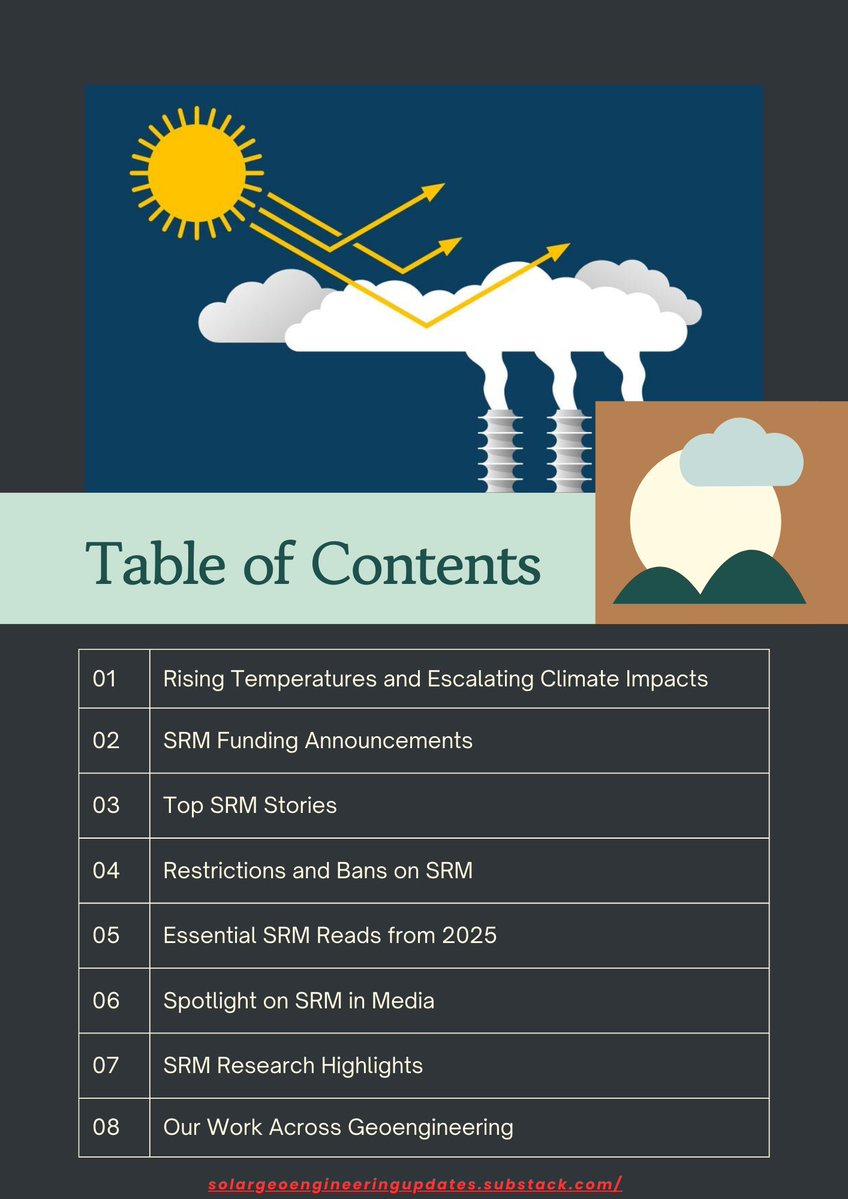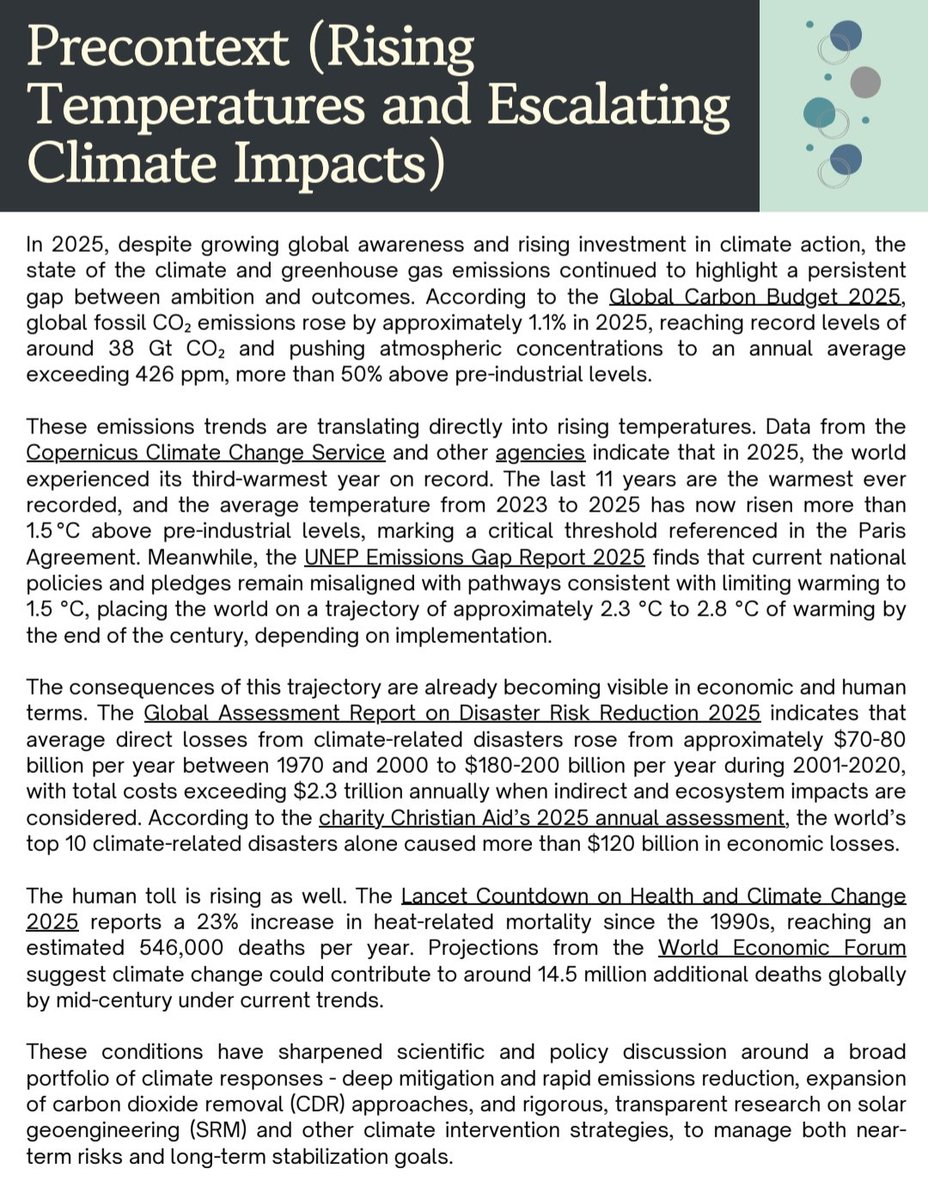🚨NEW STUDY🚨
"#NegativeEmissionsTechnologies are needed to achieve #NetZero emissions, but their deployment will depend on regional & national circumstances, technology availability, & decarbonization strategies."
In this regard, a new study is done. Details below in a 🧵
1/7
"#NegativeEmissionsTechnologies are needed to achieve #NetZero emissions, but their deployment will depend on regional & national circumstances, technology availability, & decarbonization strategies."
In this regard, a new study is done. Details below in a 🧵
1/7

The recent paper reviews "the literature and maps the role of Process Integration (PI) in #NETs deployment."
2/7
2/7

"Techniques such as mathematical programming, pinch analysis (PA), process graphs (P-graphs), are powerful methods for planning #NET systems under resource or footprint constraints."
3/7
3/7

"Other methods such as multi-criteria decision analysis (MCDA), marginal abatement cost curves, causality maps, and machine learning (ML) are also discussed," in this study.
4/7
4/7

"Current literature focuses mainly on bioenergy with carbon capture and storage (#BECCS) and afforestation/reforestation (#AR), but other #NETs need to be integrated into future models for large-scale #decarbonization," study found.
5/7
5/7

Read the open-access paper study entitled: "Optimization and decision support models for deploying negative emissions technologies" here ⬇️
journals.plos.org/sustainability…
#NegativeEmissionsTechnologies
#NETs
6/7
journals.plos.org/sustainability…
#NegativeEmissionsTechnologies
#NETs
6/7

• • •
Missing some Tweet in this thread? You can try to
force a refresh


